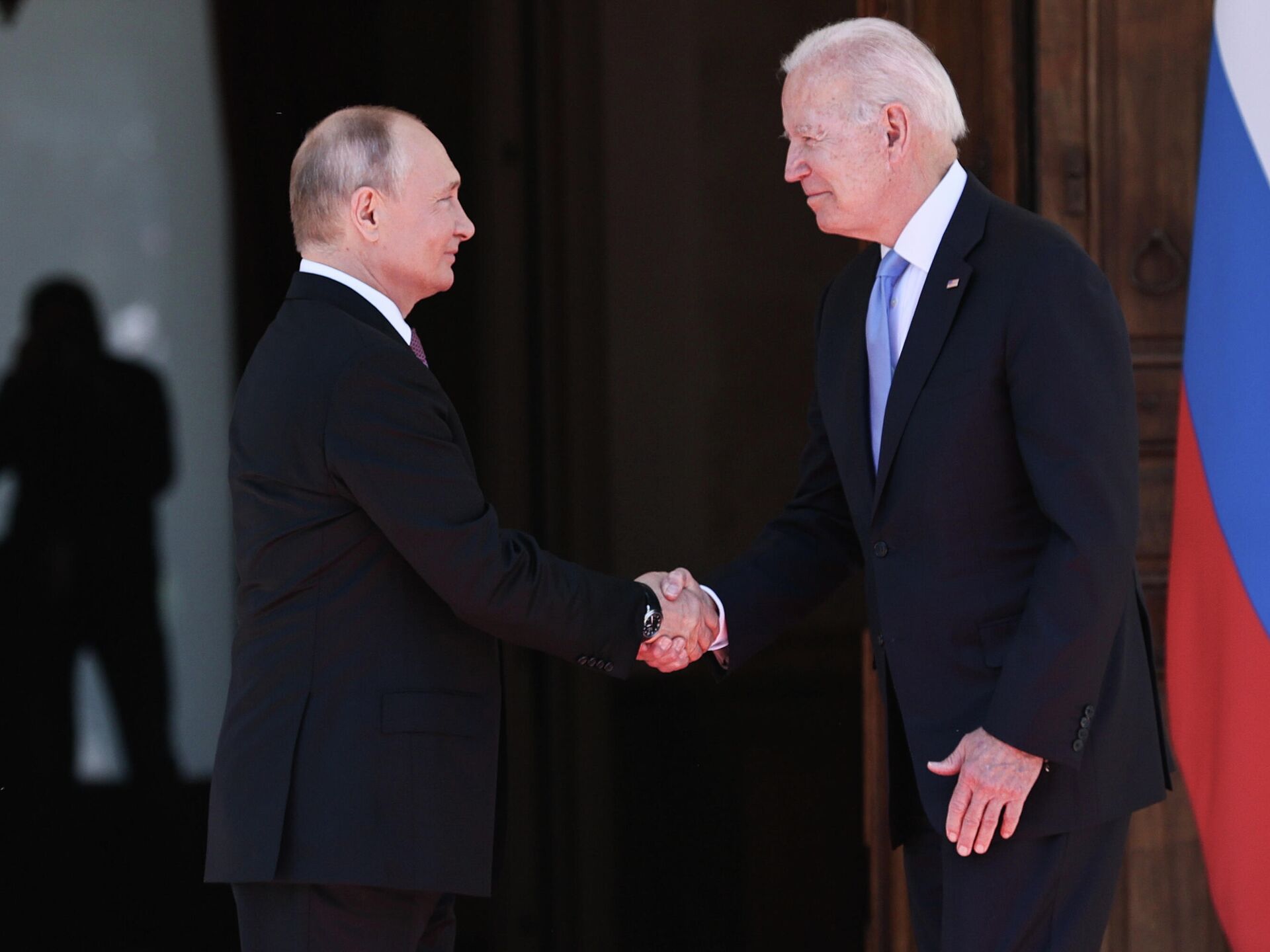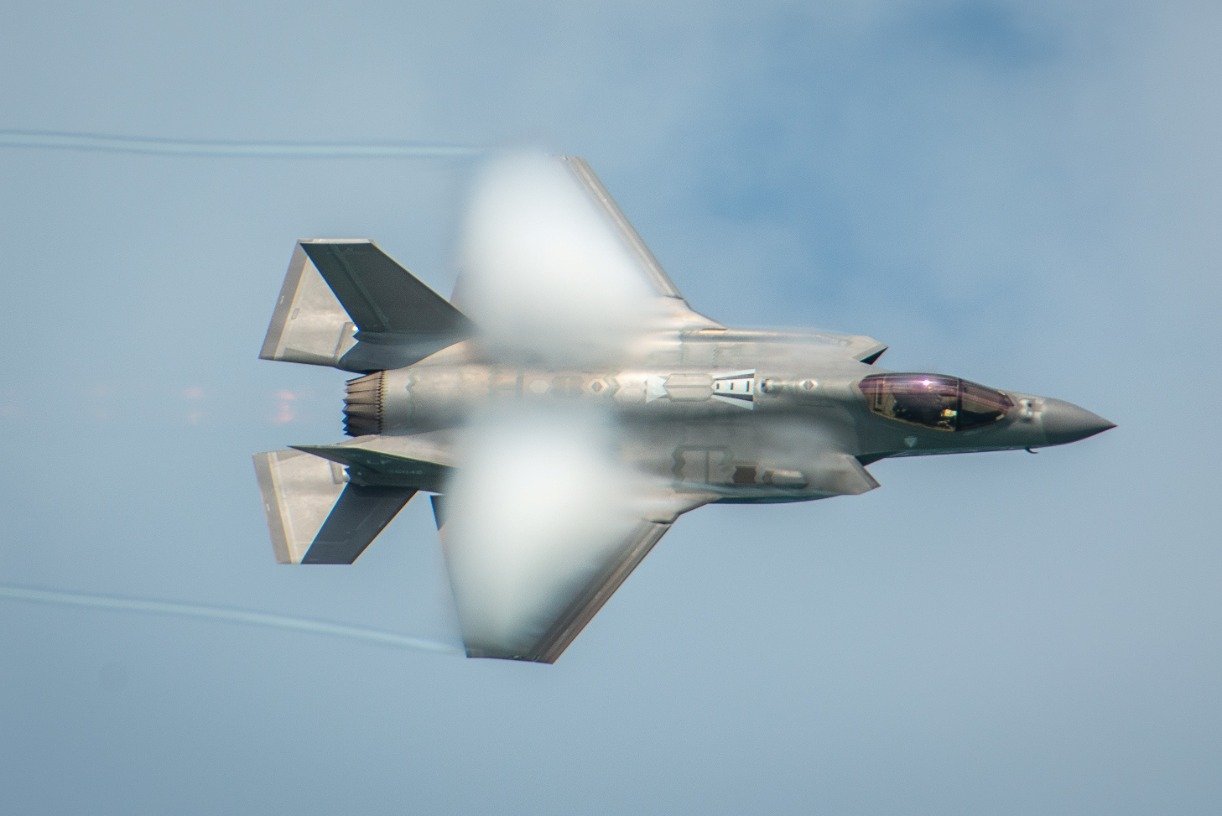
Elizaveta Mardi
Student of World Politics at Moscow State University and American University in Moscow
Taking into account the extent and strategic location of China’s territory, the size an dynamism of its population, the value and growth rate of its economy, its enormous share in the global trade, the strength of its military, China can definitely be called a "Great power”. The facts that China is the "world’s workshop’ and that it is the largest external holder of US government debt also contribute to its new status.
Right now China became part of a small group of countries that have national interests in every part of the world, that are represented in almost each international organization. It is quite natural that the US seems to be threatened by the emerging China. Both countries are interested in the Asian region. China believes that it is the "natural leader” in that part of the globe, due to historical, economical and political reasons. The United States has major interests in the region, which is the reason for the notion that America plays an important role in Asia. Besides, when Barack Obama first came to power, he declared himself as "America’s first Pacific President”. The rivalry between the two states is obvious. And it looks like China has enough resources to become a real threat to US predominance. Some even might say that pretty soon it will remove the States from the post of global hegemon.
But if we take a closer look into the main points of Chinese foreign policy, we shall see that they are predominated with defensive, rather than offensive strategies, such as blocking destabilizing influences from abroad, avoiding territorial losses, sustaining economic growth and maintaining or stabilizing relations with its neighbors. China is trying to shape its internal and regional priorities in such a way that they manage to both serve its interests as well as win acceptance from the other powers.
But that goal is yet to be achieved. The tension between the US and China only rises. The fact that Obama left America in order to visit Asia while the issue of his government’s budget and economy is being discussed proves just how seriously he takes leadership in the Pacific. And yet, according to most experts, America still denies the real challenge China poses, despite doing almost everything to fight it. The reason behind this clearly absurd behavior is that while the US has the opportunity to pretend that it is not containing China, it can avoid enormous costs and risks. But sooner rather than later the US will have to face the true state of events. And if a real confrontation is to take place, it will benefit no one. So the best solution in this situation is for America to try and balance its relations with China. There are a lot of stabilizing factors to consider: the two countries are the world’s two largest economies, along with India have the world’s largest population along, are the two largest consumers of motor vehicles and oil, are trade partners and have common interests in prevention of terrorism and nuclear proliferation.
As far as Russia is concerned, it is interested in maintaining strong bilateral relations with the People’s Republic of China. Since the collapse of the Soviet Union a period of dynamic development of Russian-Chinese relations based on strategic partnership took place. Nowadays the two countries continue to strengthen their ties in all spheres on modern politics. In the global arena, Russia and China are observed as partners: they are both members of the new organization -BRICS, they have actively cooperated with each other while dealing with the current important problems such as Syria or the Korean nuclear issue. They both support the idea of a multipolar world instead of hegemony. Besides that, they also practice strong economic relations, which are represented in bilateral business investments and the construction of the ESPO pipeline.
In conclusion I would like to say that in my opinion right now we are facing the formation of a multipolar world. In a short period of time there will be a new balance of power, and the USA will cease to be be the only "super-power”. This, though, doesn’t mean that America will loose the control. No, this only presumes that it will have to share its position with other global leaders. And China is most likely to become one. I really doubt that it will do it hostilely, it will simply continue taking the same steps as now, gradually growing. The best scenario for the US is to accept this turn of events and do its best to preserve its position in the world arena. As for Russia, I think it will support China’s attempts, since it as well is interested in establishing a multipolar world.



_jpg/250px-ElbeDay1945_(NARA_ww2-121).jpg)









